The Standing Committee of the Convention on International Trade in Endangered Species voted 9-6 last week to permit Earth Ocean Farms, an aquaculture facility in Mexico, to participate in the trade of captive-bred totoaba fish. This decision may be disastrous to the critically endangered vaquita porpoise, which becomes entangled in fishing nets used to catch totoaba for the totoaba bladder, also known as the maw trade.
While the United States and Israel urged the committee to reject the facility’s application, the majority of its members supported opening the international totoaba trade for the first time in almost 50 years.
Committee members rejected multiple conservation and procedural arguments against the application, including concerns that a legal trade in captive-bred totoaba will provide cover for an illegal wild-sourced totoaba trade that harms vaquita.
The totoaba, a CITES Appendix I–listed species that is subject to the highest protections offered under the convention, is victim to ongoing, rampant, and uncontrolled illegal fishing in the Upper Gulf of California in Mexico. The illegal gillnets used to catch the totoaba and other species, including shrimp, entangle and kill the vaquita porpoise, another CITES Appendix I-listed species. There are only an estimated eight vaquita remaining on earth.
“The support of the two European Standing Committee members enabled this application to be approved, with no regard for the precautionary principle and the potentially dire consequences for the critically endangered vaquita,” Clare Perry, ocean and climate campaign leader of the Environmental Investigation Agency, said in a statement. “Mexico has repeatedly failed to prevent illegal totoaba fishing for the international market for their swim bladders. A legal trade in totoaba, whether it includes swim bladders right now or not, will only complicate enforcement and increase demand for the wild fish that shares the same habitat as the vaquita.”
Although Mexico and Earth Ocean Farms committed to temporarily prohibit the export of totoaba swim bladders and to destroy stockpiled maws, these amendments to its application should have triggered submission of a new request under CITES procedures.
Totoaba meat, which Mexico intends to export, is not in demand in China or elsewhere. The maws, however, are in high demand in China and other Asian countries. They are used as a symbol of wealth and for their purported, but unproven, medicinal value.
“This decision is nonsense, and it could be the last straw for one of our planet’s most endangered marine mammals,” stated Alex Olivera, senior scientist and Mexico representative at the Center for Biological Diversity. “With the vaquita teetering on the edge of extinction, we should be doing everything possible to eliminate all threats to the porpoise, including from the totoaba trade. CITES’s decision to open up the totoaba trade only intensifies the mounting threats to the vaquita.”
By allowing the commercial trade in captive–bred totoaba, the committee has complicated law enforcement efforts in Mexico and other countries. The decision has facilitated the illegal laundering of wild caught totoaba as captive bred, and it will increase demand for totoaba products, thereby incentivizing illegal totoaba fishing and further jeopardizing the vaquita. Despite CITES parties agreeing to reduce demand in totoaba specimens at the 2019 meeting of the CITES Conference of the Parties, Thursday’s action is entirely antithetical to that objective, conservationists say.
“This is the hypocrisy of CITES on full display, agreeing to reduce demand for totoaba to protect the vaquita one day and then authorizing trade in totoaba the next,” noted DJ Schubert, wildlife biologist at the Animal Welfare Institute. “It is shameful that the majority of committee members have decided to choose commerce over conservation, jeopardizing the very existence of the most critically endangered cetacean on the planet.”
“Mexico’s active disinterest in saving the vaquita was on full display as it pushed the ludicrous idea that legal trade in smaller, captive-bred totoaba will help limit illegal fishing and trade in larger, wild-caught totoaba,” said Zak Smith, director of international wildlife conservation at the Natural Resources Defense Council. “All the evidence shows that larger totoaba swim bladders are the most coveted and lucrative and can only be found in the wild where fishing for totoaba kills vaquita. Mexico has long been angling for the vaquita’s extinction; it’s a step closer to that goal with this decision.”
In addition to the United States and Israel, Argentina, Peru, Oceania, which is represented by Australia, and Senegal made strong statements against the application. In the end, of the 15 voting committee members, Senegal, Congo, Peru, Israel, and Australia voted to reject the EOF application, while Namibia, Ethiopia, China, Kuwait, Indonesia, Dominican Republic, Poland, Belgium, and Georgia voted in favor. Canada abstained from the vote.
You can help all animals and our planet by choosing compassion on your plate and in your glass. #GoVeg


